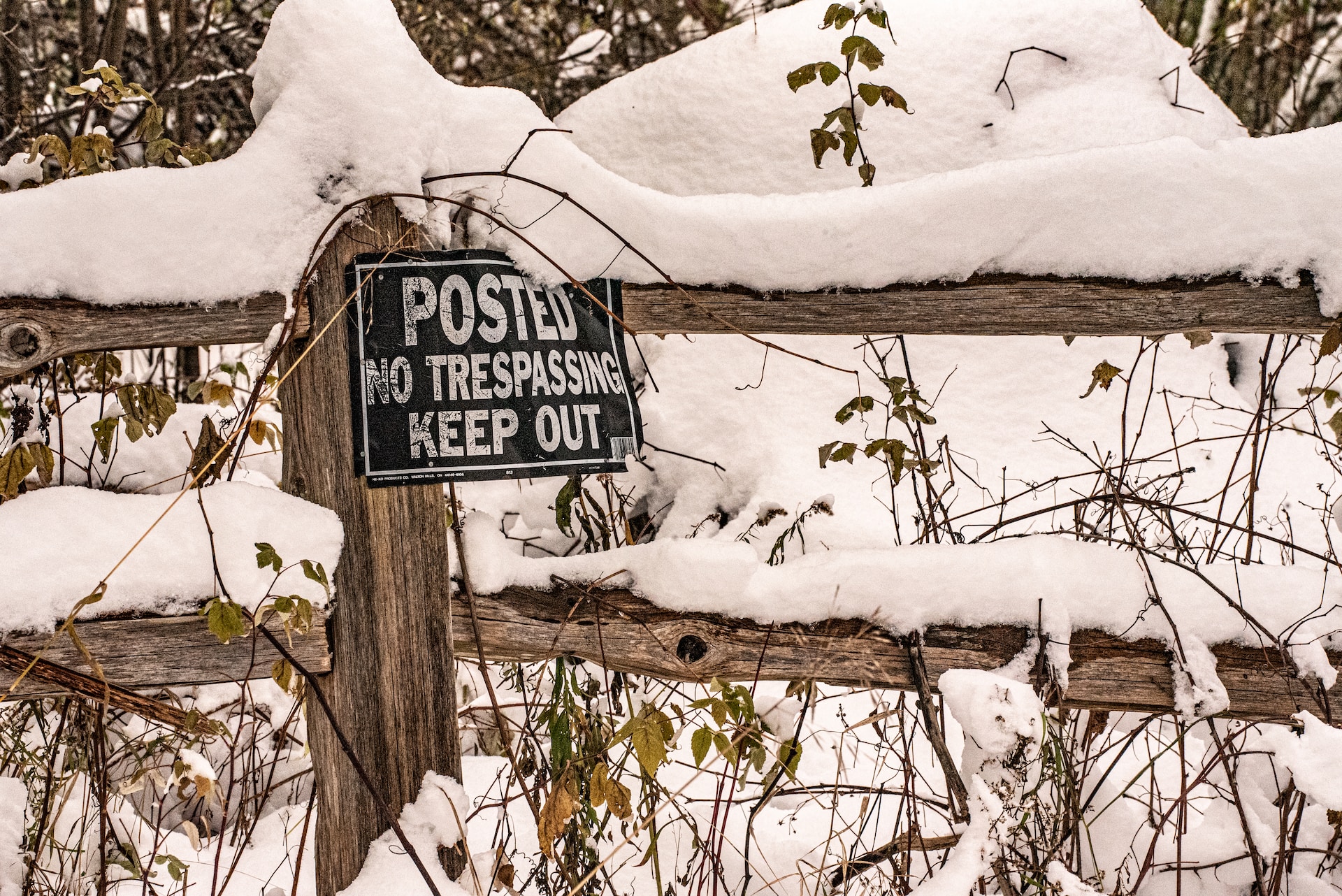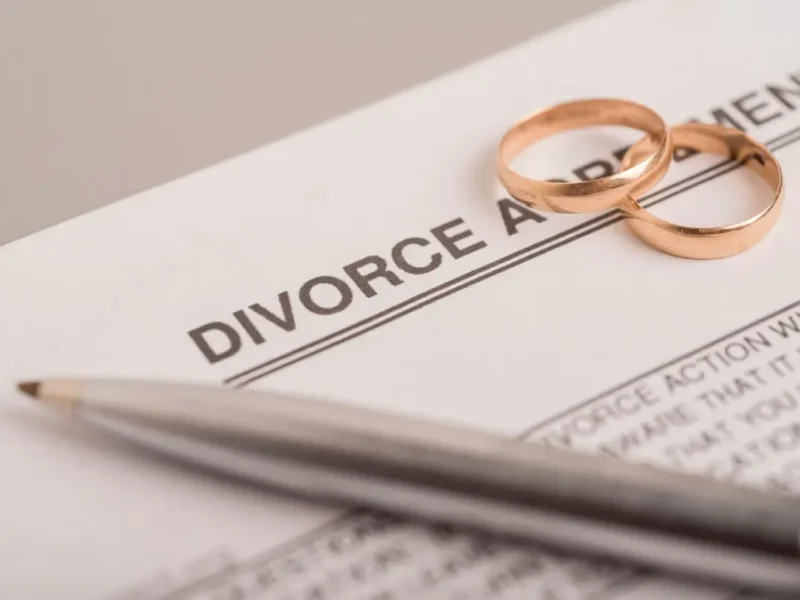Trespassing is a serious offense that can lead to significant legal consequences in Colorado Springs. Whether you are facing a misdemeanor or felony trespassing charge, it is crucial to have a knowledgeable and experienced Colorado Springs trespassing attorney by your side. In this comprehensive guide, we will delve into the different degrees of trespassing in Colorado Springs, the penalties associated with each offense, and the defenses that can be raised.
Contents
The Degrees of Trespassing
In Colorado Springs, there are three degrees of trespassing: first-degree, second-degree, and third-degree. The severity of the offense and the corresponding penalties vary depending on the degree of trespassing.
First-Degree Trespassing
First-degree trespassing is the most serious form of trespassing in Colorado Springs. It occurs when an individual knowingly and unlawfully enters or remains in another person’s dwelling (home) with the intent to commit a crime inside the dwelling. This offense is classified as a class 5 felony.
If convicted of first-degree trespassing, the penalties can include fines of up to $100,000 and a maximum prison sentence of three years.
Second-Degree Trespassing
Second-degree trespassing encompasses several scenarios. It can occur when an individual unlawfully enters or remains in premises that are enclosed in a manner designed to exclude intruders or are fenced. It can also involve entering or remaining in the common areas of a hotel, motel, condominium, or apartment building without permission. Additionally, entering or remaining in a motor vehicle of another person without authorization is considered second-degree trespassing.
Second-degree trespassing is typically a class 3 misdemeanor. However, if the premises are classified as agricultural land, the offense becomes a class 2 misdemeanor. Furthermore, if the person trespasses on agricultural land with the intent to commit a felony, it is elevated to a class 4 felony.
Third-Degree Trespassing
Third-degree trespassing occurs when an individual unlawfully enters or remains in premises that belong to another person. It is the least severe form of trespassing. Third-degree trespassing is generally classified as a class 1 petty offense, but it is elevated to a class 3 misdemeanor if the premises are classified as agricultural land. If the person trespasses on agricultural land with the intent to commit a felony, it becomes a class 5 felony.
Defenses for Trespassing Charges
When facing trespassing charges in Colorado Springs, it is essential to explore potential defenses to protect your rights and minimize the legal consequences. Here are some common defenses that can be raised:
Lack of Intent
One possible defense is to argue that there was no intent to commit a crime or interfere with the property owner’s rights. If it can be demonstrated that you had a legitimate reason for being on the premises or that you were unaware that you were trespassing, it may weaken the prosecution’s case.
Consent or Permission
If you had the consent or permission of the property owner to be on the premises, it can serve as a strong defense against trespassing charges. Evidence such as verbal agreements, written permission, or witness testimony can support your claim of lawful entry.
Mistaken Identity
If you can establish that you were mistakenly identified as the trespasser or that there was confusion regarding the property boundaries, it may cast doubt on the prosecution’s case. Eyewitness testimony, surveillance footage, or other evidence can be crucial in proving your innocence.
Unlawful Arrest or Search
If your rights were violated during your arrest or the search of the premises, it is possible to challenge the admissibility of evidence obtained as a result. Any evidence tainted by an illegal arrest or search may be suppressed, potentially weakening the prosecution’s case against you.
Penalties for Trespassing Convictions
The penalties for trespassing convictions in Colorado Springs vary depending on the degree of trespassing and the specific circumstances of the case. Here is an overview of the potential penalties:
First-Degree Trespassing Penalties
- Class 5 Felony
- Fines up to $100,000
- Maximum prison sentence of three years
Second-Degree Trespassing Penalties
- Class 3 Misdemeanor (Class 2 Misdemeanor if the premises are classified as agricultural land)
- Class 4 Felony if trespassing on agricultural land with intent to commit a felony
Third-Degree Trespassing Penalties
- Class 1 Petty Offense (Class 3 Misdemeanor if the premises are classified as agricultural land)
- Class 5 Felony if trespassing on agricultural land with intent to commit a felony
It is crucial to note that these penalties are subject to change and can be influenced by various factors, such as prior criminal record and the specific details of the trespassing offense.
Hiring a Colorado Springs Trespassing Attorney
When facing trespassing charges in Colorado Springs, it is essential to seek legal representation from a skilled Colorado Springs trespassing attorney. An experienced attorney will have a deep understanding of trespassing laws, the local court system, and effective defense strategies. They will work tirelessly to protect your rights, build a robust defense, and strive for the best possible outcome in your case.
By hiring a Colorado Springs trespassing attorney, you can benefit from their expertise, guidance, and negotiation skills. They will thoroughly investigate the circumstances surrounding your case, gather evidence, interview witnesses, and develop a solid defense strategy tailored to your situation. With their support, you can navigate the legal process with confidence and increase your chances of a favorable outcome.
Conclusion
Trespassing charges in Colorado Springs can have severe consequences, ranging from fines to imprisonment. Understanding the different degrees of trespassing, potential defenses, and penalties is crucial when facing these charges. By hiring a knowledgeable Colorado Springs trespassing attorney, you can ensure that your rights are protected, and you have the best possible defense against the charges. Don’t hesitate to reach out to a skilled attorney who can guide you through the legal process and fight for your rights.



